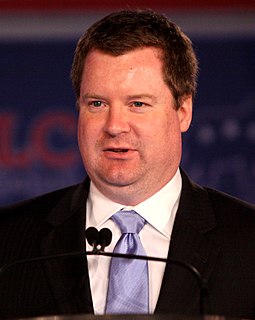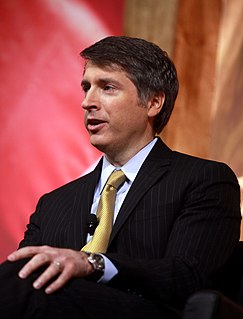A Quote by Mark Lynas
Unless we decide to reduce greenhouse gas emissions within just a few years from now, our destinies will already be chosen and our path towards hell unalterable as the carbon cycle feedbacks... kick in one after another.
Related Quotes
We need to remind ourselves that our ultimate goal is not to reduce greenhouse gases or global warming per se but to improve the quality of life and the environment. We all want to leave the planet in decent shape for our kids. Radically reducing greenhouse gas emissions is not necessarily the best way to achieve that.
We have at most ten years - not ten years to decide upon action, but ten years to alter fundamentally the trajectory of global greenhouse emissions... We are near a tipping point, a point of no return, beyond which the built in momentum and feedbacks will carry us to levels of climate change with staggering consequences for humanity and all of the residents of this planet.
I am troubled by the lack of common sense regarding carbon dioxide emissions. Our greatest greenhouse gas is water. Atmospheric spectroscopy reveals why water has a 95 percent and CO2 a 3.6 percent contribution to the 'greenhouse effect.' Carbon dioxide emissions worldwide each year total 3.2 billion tons. That equals about 0.0168 percent of the atmosphere's CO2 concentration of about 19 trillion tons. This results in a 0.00064 percent increase in the absorption of the sun's radiation. This is an insignificantly small number.
Some time ago we discovered the carbon cycle - a long-term set of chemical reactions that govern climates based on how much carbon is free in the atmosphere. At that point, it became clear that humans were affecting our environments far more profoundly than we realized. By releasing so much carbon and greenhouse gas into the environment, we're making long-term changes to every aspect of the natural world.
We will pay for this [climate change] one way or another. We will pay to reduce greenhouse-gas emissions today and we'll have to take an enormous hit of some kind. Or we will pay the price later in military terms. And that will involve human lives. There will be a human toll. There is no way out of this that does not have real costs attached to it.
The horn of dilemma of energy politics is what really drives concern about this energy in this country, at the gut level for most people, is high gas prices. And if you really want to fight global warming and try to reduce our carbon emissions, the cleanest, easiest, most rational way to do it would to make the price of gas even higher through very stiff gas prices.



































